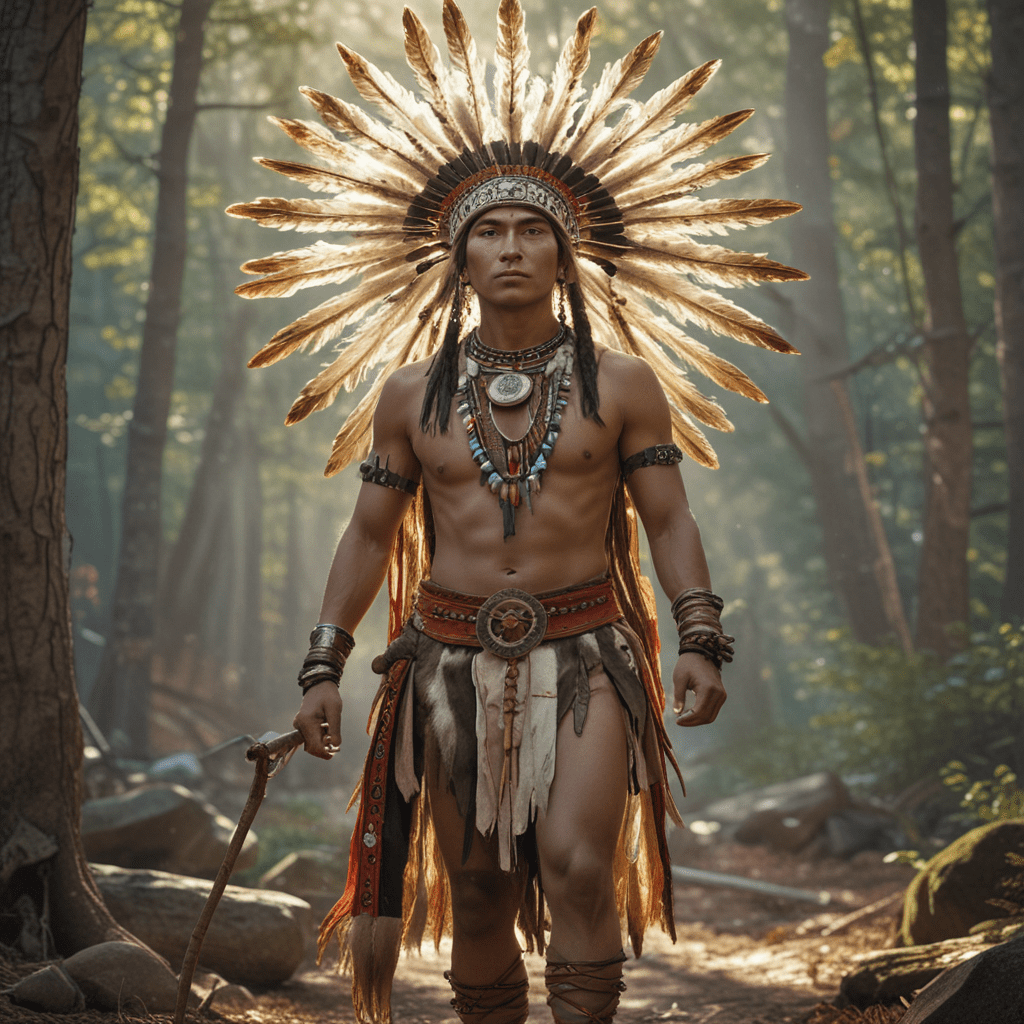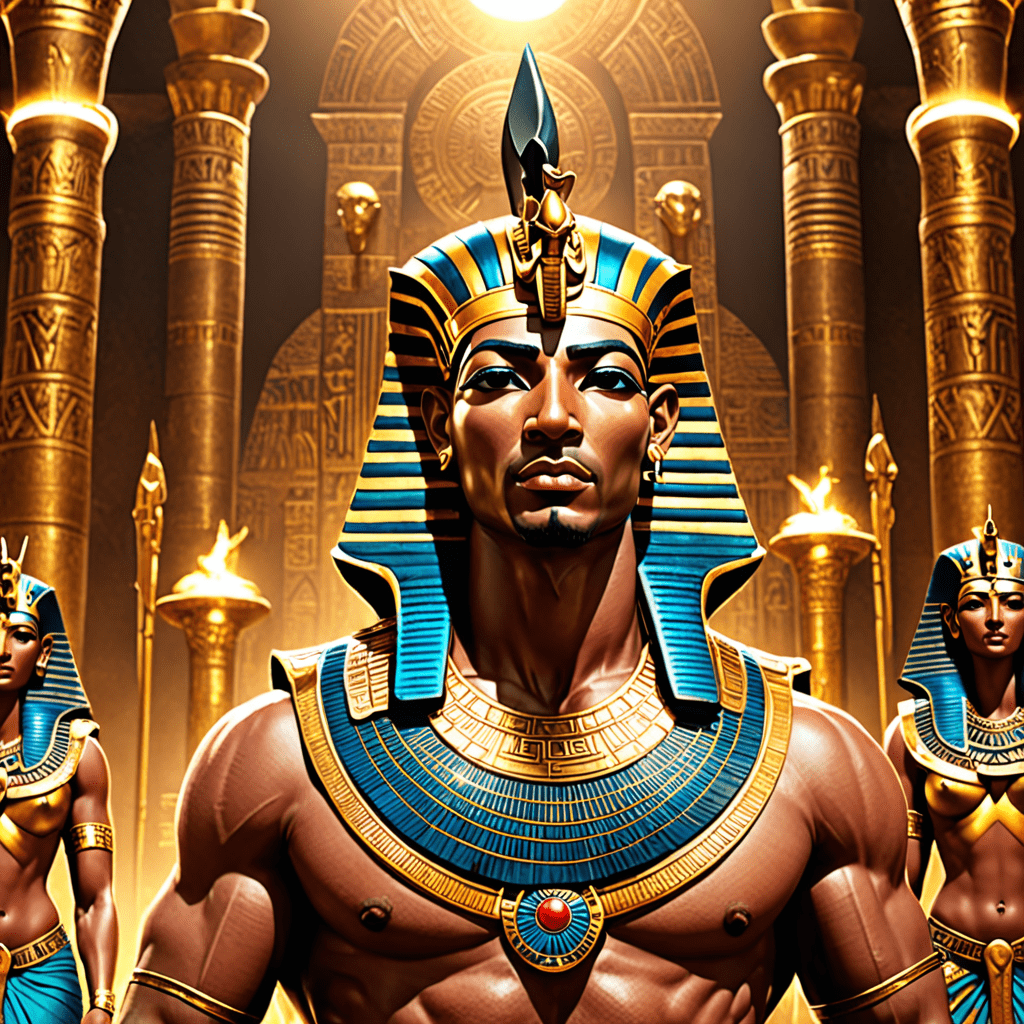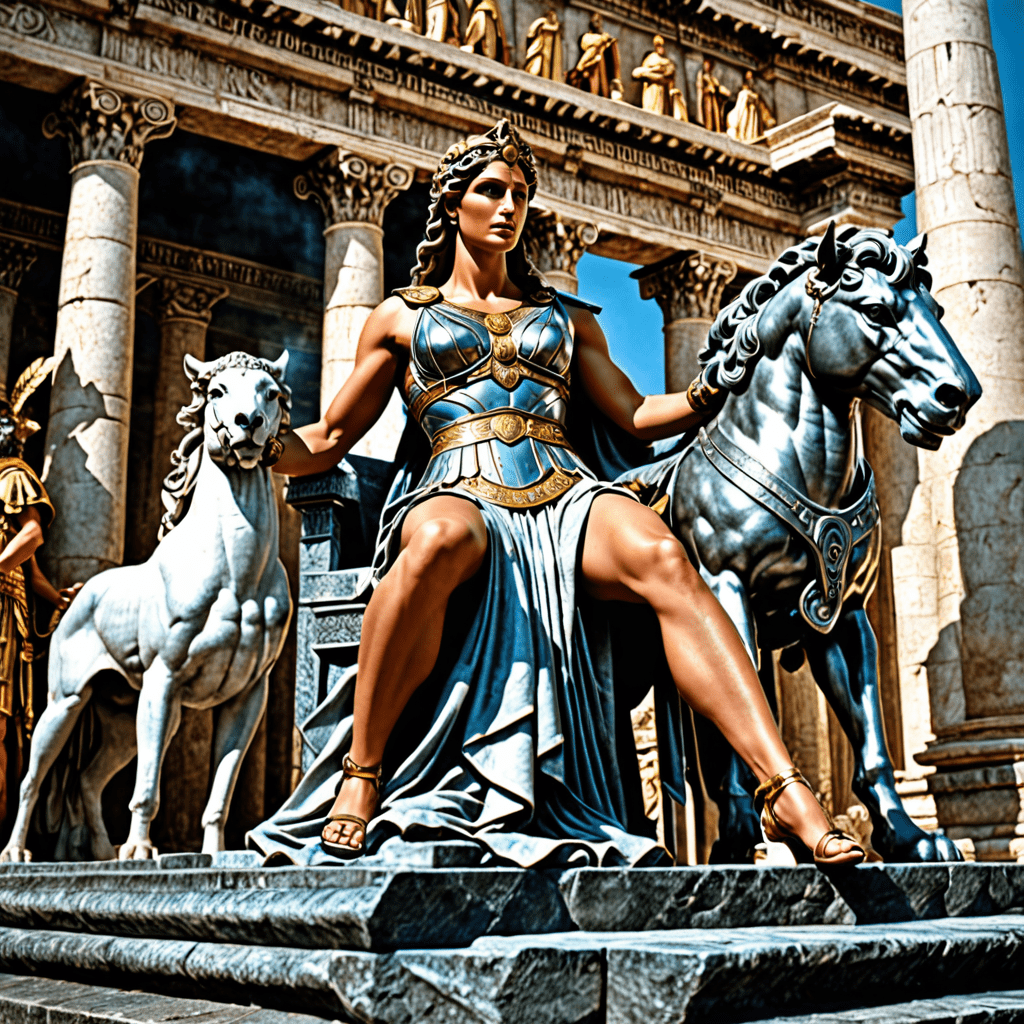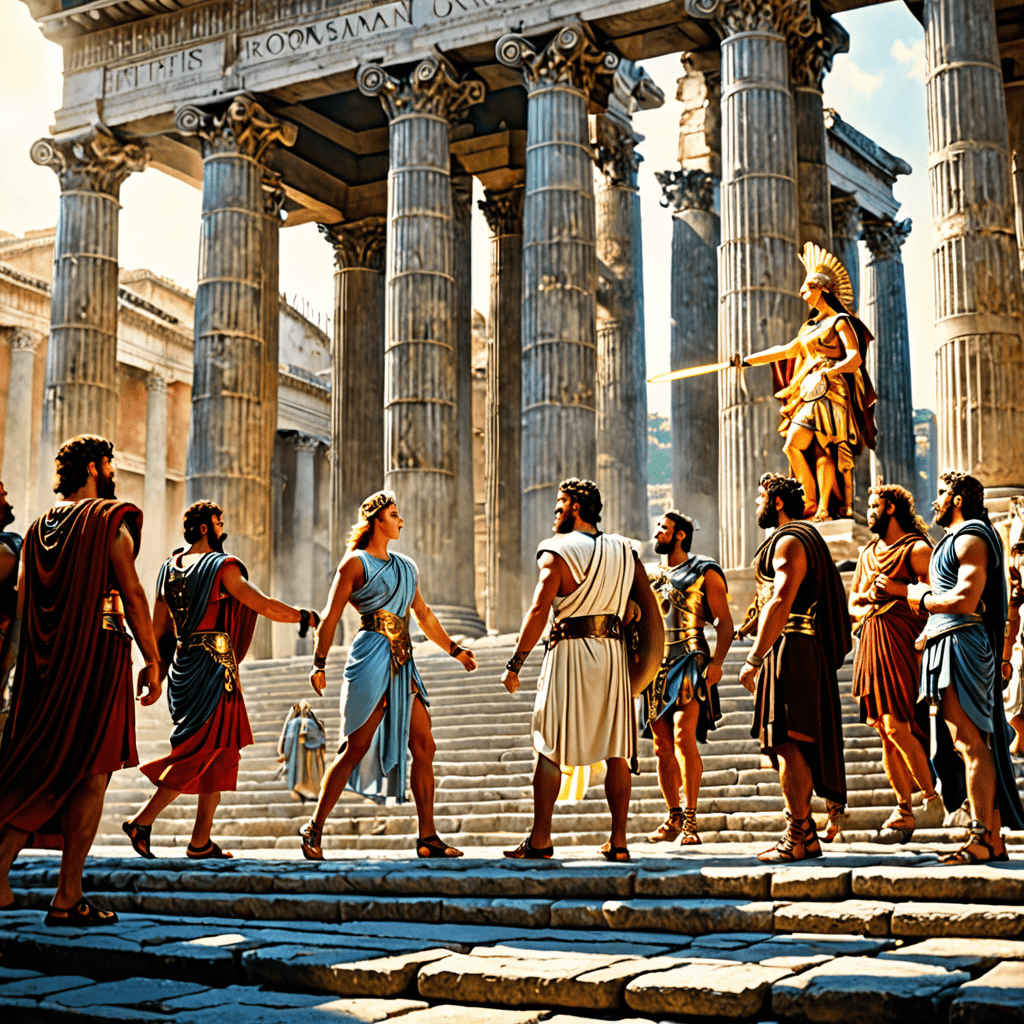The Mythology of the Abenaki Tribe
The Abenaki are an indigenous people of North America who have resided in the present-day United States and Canada for centuries. Their rich mythology offers a glimpse into their cultural beliefs, traditions, and connection to the natural world.
1. Creation Myth
According to Abenaki lore, the world was created by the Great Spirit, known as Glooscap. Glooscap fashioned the land, waters, and sky from raw materials, imbuing all of creation with life and purpose. He populated the world with animals, plants, and humans, each playing a specific role in the grand scheme of existence.
2. The Trickster Figure: Glooscap
Glooscap is not only the creator but also a central figure in Abenaki mythology as a trickster. He possesses both benevolent and mischievous qualities, using his cunning to outwit others and protect his people. Glooscap's exploits often involve teaching valuable lessons, promoting justice, and restoring balance to the world.
3. The Thunderers and the Water Spirits
The Abenaki believe in the existence of powerful supernatural beings known as the Thunderers. These beings inhabit the heavens and control the weather, bringing rain, thunder, and lightning. The Thunderers are often depicted as benevolent protectors who bring life-giving storms.
Water Spirits, on the other hand, reside in rivers, lakes, and oceans. They possess great power and are believed to be guardians of the waters. Water Spirits are often portrayed as wise and benevolent beings who communicate through dreams and visions.
6. The Legend of the Lost Children
One of the most poignant tales in Abenaki mythology tells the story of the Lost Children. In this legend, a group of young Abenaki children became lost while playing in the forest. As night fell, they were overcome by darkness and fear.
In their desperation, the children stumbled upon a mysterious cave. Inside, they found a sleeping giant who offered them shelter and companionship. The giant, known as Glooscap, kept the children safe and taught them valuable life lessons.
7. The Origin of the Abenaki People
The Abenaki believe that their ancestors emerged from a great underground cave located in the White Mountains of New Hampshire. According to legend, the cave was a sacred place where the Creator, Glooscap, first breathed life into the Abenaki people.
From this cave, the Abenaki dispersed throughout the region, establishing their communities and traditions. The White Mountains remain a sacred site for the Abenaki, symbolizing their ancient origins and connection to the land.
8. The Cultural Significance of Storytelling
Storytelling holds immense cultural significance for the Abenaki people. Myths and legends are not merely tales of entertainment but serve as a means of preserving history, passing down traditions, and educating future generations.
Through storytelling, the Abenaki teach their children about the origins of their world, the importance of respecting nature, and the values of courage, wisdom, and kindness. Stories also provide a way for the Abenaki to connect with their ancestors and maintain a sense of cultural identity.
9. Parallels to Other Native American Mythologies
The mythology of the Abenaki exhibits striking parallels with other Native American mythologies. Common themes include the concept of a great creator spirit, the presence of trickster figures, and the belief in supernatural beings that control the natural world.
These similarities suggest a shared spiritual and cultural heritage among Native American tribes, despite their geographical and linguistic differences. Comparative mythology can provide valuable insights into the beliefs and worldview of these diverse cultures.
10. Contemporary Interpretations and Significance
The mythology of the Abenaki continues to hold relevance and significance for contemporary Native American communities. While the literal interpretations of myths may have evolved over time, their underlying themes and values remain deeply embedded in Abenaki culture.
Modern interpretations of Abenaki mythology emphasize the importance of environmental stewardship, cultural preservation, and the interconnectedness of all living things. Through storytelling, art, and other cultural practices, the Abenaki strive to honor and perpetuate their rich mythological traditions.
FAQ
Q: Who created the world according to Abenaki mythology?
A: Glooscap, the Great Spirit
Q: What is the role of the Thunderers in Abenaki mythology?
A: To control the weather and protect the Abenaki people
Q: Where do the Abenaki believe their ancestors originated from?
A: A cave in the White Mountains of New Hampshire
Q: Why is storytelling important to the Abenaki culture?
A: To preserve history, pass down traditions, and teach valuable life lessons




